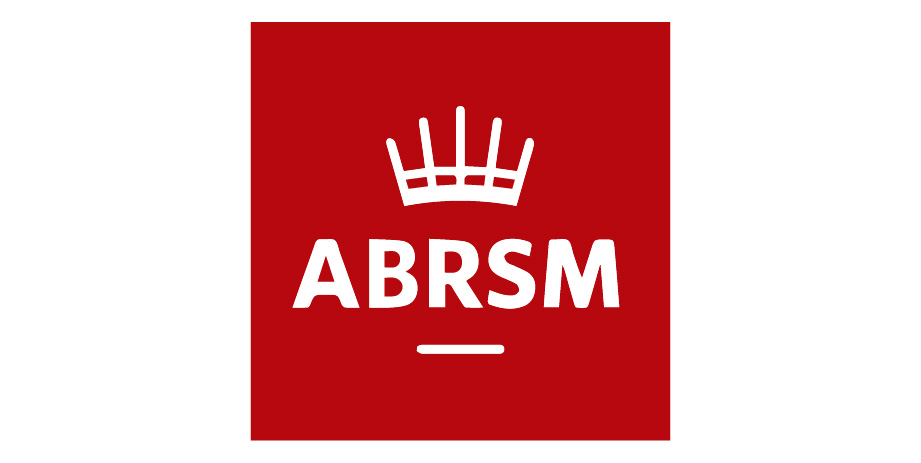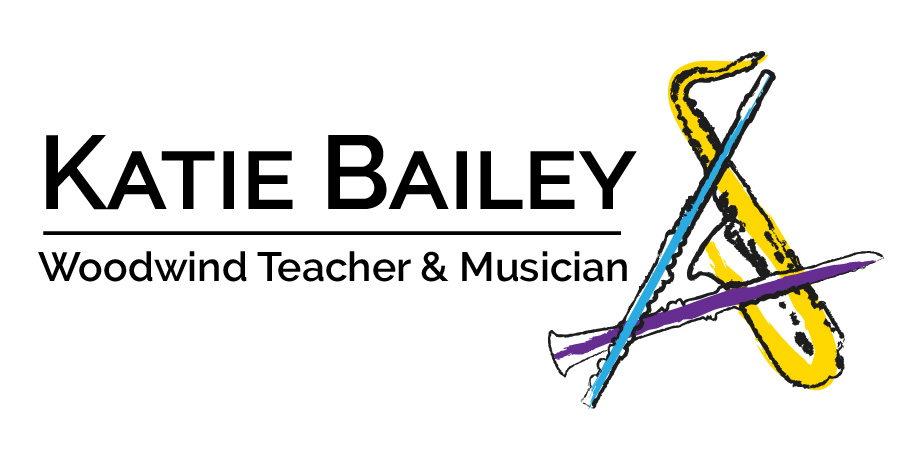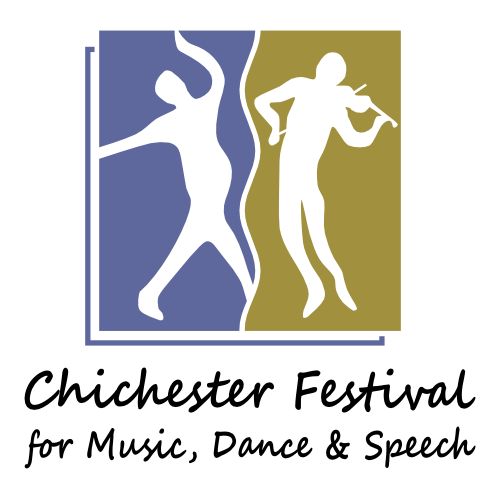- Regular short practise sessions are significantly more effecttive than occasional long ones.
- Deliberate and thoughtful practise is more important than how long you spend practising.
How Much Practise?
Students and parents will often ask me what the right amount of practise is. My answer is always the same: little and often. It is far more beneficial to practise for 15 minutes four days a week than for one hour every week.
Practise is not so much a matter of how long is spent at the piano, but rather how effectively time at the piano is spent. As students become more advanced then longer practise sessions will be needed to adequately study the material.
The advantage of shorter practise sessions for beginners is that they can be easily fit into a daily routine. I have often challenged students to play for 5 minutes after they use the bathroom. The average human being will make between 6 and 10 trips to the bathroom every day; 5 minutes at the piano after each visit will potentially add up to at least 30 minutes of practise that day. A variant on this is to practise during television adverts, which adds up to 15 minutes every hour.
“We owe it to ourselves to make [practise] quality time and not to waste thousands of hours in mindless activity.”
Deliberate Practise
As mentioned above, the amount of time spent practising is not nearly important as the content of the practise session. When practising all musicians should be striving for what is known as "deliberate" practise. Deliberate practise is practise with the intent of working on a specific aspect of the instrument or piece being studied. This is opposed to simply playing through repertoire without concentrating any more than is necessary, which is the most self-indulgent form of practise.
Musicians who practise "deliberately" always improve faster than those who practise self-indulgently. In the words of Russian pianist Boris Berman, "we owe it to ourselves to make [practise] quality time and not to waste thousands of hours in mindless activity."
To play through a piece we are learning from beginning to end at performance speed is to pander to our insecurities as musicians. The insecurity in question is the one that asks "can I do it?" We must not give in to the desire to answer this question, but keep on practising deliberately with the faith that our hard work will make the piece playable without the need to reassure oneself of the ability to do so.
Memory lapses during a performance are actually not to do with memory at all, but stem from disengagement from the music resulting in diminished concentration levels.
Even if a play-through is successful the insecurities will still return quickly, usually with the question "can I do it again?" Repeated play-throughs such as this lead to mechanical and unreliable playing which is dependant on the memory, but minimises concentration. Having artistic goals in mind before reciting a piece will ensure the mind is always active when playing. Relying solely on the muscle memory of the hands and fingers to recite a piece for us is when concentration levels fall dangerously low and mistakes occur - not because our memory is faulty but because our hands and fingers are receiving no instruction from the mind.
For beginners deliberate practise is less important than playing the piano as often as possible. By engaging with the instrument on a regular basis you will quickly learn the geography and sounds of the instrument. Students that do not play regularly always struggle to learn new concepts. If playing the piano outside of lessons does not seem appealing then you need to question why it is you wish to learn the instrument.
An undated but completely filled out practise sticker - top marks!
Practise Stickers
Practise Stickers are a way to track practise during the week. Instead of a journal which is updated weekly students are given a sticker which is dated stuck on all the items to be practised. All days which an item is practised on can be ticked off.
This method of recording practise is very effective in the early stages and can be easily mapped on to a chart or graph. This gives a visual representation of how much practise is being undertaken week by week.
I have always found practise books a little too overdone to be quite as useful with beginners, and they are far too frequently and easily left at home (whether deliberately or otherwise!) Stickers are much simpler and - in my view at least - much more helpful for the teacher and student.











